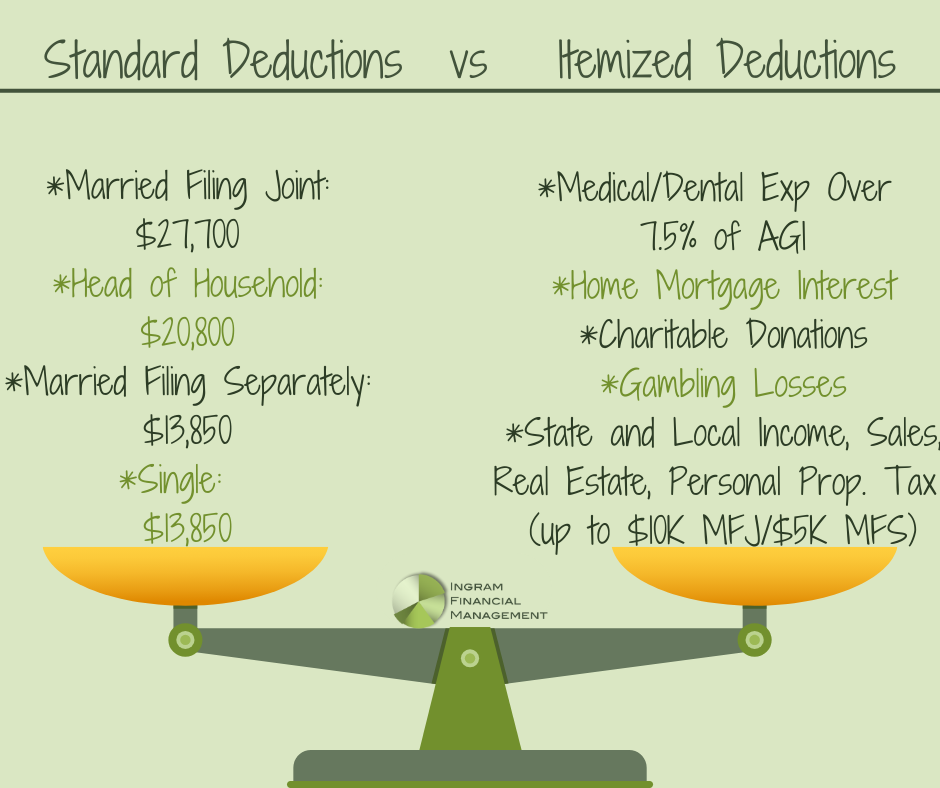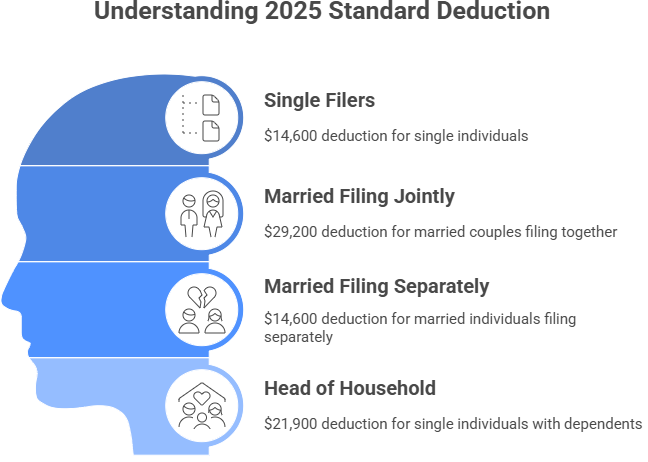Everything about the Foreign Earned Revenue Exemption: Optimizing Your Requirement Deduction Benefits
The Foreign Earned Income Exemption (FEIE) offers an important possibility for united state citizens living abroad to reduce their tax responsibilities. Understanding the qualification requirements is crucial for those looking for to take advantage of this exemption. Furthermore, declaring the typical reduction can improve general tax obligation advantages. Managing this process involves careful interest to information and an awareness of typical mistakes. Discovering these aspects can supply clearness and make the most of possible tax obligation advantages.
Understanding the Foreign Earned Revenue Exemption (FEIE)
The Foreign Earned Earnings Exemption (FEIE) enables united state citizens and resident aliens working abroad to leave out a part of their international earnings from federal revenue tax obligation. This provision acts as a monetary relief system, enabling expatriates to maintain a larger share of their revenue earned in foreign nations. By reducing gross income, the FEIE assists alleviate the problem of dual taxation, as people might additionally be subject to taxes in their host nations. The exemption applies only to gained earnings, that includes earnings, wages, and professional costs, while passive revenue and financial investment gains do not qualify. To gain from the FEIE, individuals must file specific types with the internal revenue service, describing their international incomes and residency - FEIE Standard Deduction. Understanding the nuances of the FEIE can considerably influence financial planning for united state citizens living overseas, making it necessary for expatriates to stay informed about this beneficial tax obligation provision
Eligibility Standards for the FEIE
To certify for the Foreign Earned Income Exclusion (FEIE), individuals need to satisfy particular qualification requirements. This consists of gratifying residency demands, passing the physical existence test, and developing a tax home in an international country. Each of these aspects plays an essential function in determining whether one can gain from the exclusion.
Residency Needs
Fulfilling the residency requirements is vital for individuals looking for to receive the Foreign Earned Income Exemption (FEIE) To be eligible, taxpayers need to develop a bona fide house in a foreign country or countries for a continuous period that commonly extends an entire tax obligation year. This demand highlights the necessity of a much deeper connection to the international area, moving past mere physical presence. Individuals must show their intent to live in the international country and have developed their living scenario there. Elements such as the length of remain, type of real estate, and regional community involvement are thought about in determining residency. Fulfilling these standards is vital, as failing to do so may invalidate one from taking advantage of the FEIE.
Physical Existence Examination
Establishing eligibility for the Foreign Earned Revenue Exemption (FEIE) can additionally be achieved via the Physical Visibility Test, which calls for individuals to be literally present in a foreign nation for at least 330 full days during a successive 12-month period. This examination is useful for those that may not fulfill the residency need but still reside abroad. The 330 days need to be full days, suggesting that any day spent in the United States does not count towards this overall. It is crucial for people to keep precise documents of their traveling dates and places to sustain their cases. Successfully passing this examination can significantly reduce taxed revenue and improve monetary end results for expatriates.
Tax Home Location
Tax home area plays an important role in establishing eligibility for the Foreign Earned Earnings Exclusion (FEIE) To certify, an individual should develop a tax home in a foreign nation, which suggests their main workplace is outside the United States. This is distinctive from a plain house; the individual must conduct their operate in the international country while maintaining a substantial connection to it. The IRS requires that the taxpayer can demonstrate the intent to continue to be in the foreign place for a prolonged duration. Additionally, keeping a home in the united state can make complex qualification, as it might recommend that the individual's real tax home is still in the United States. Recognizing this standard is important for making best use of FEIE benefits.
Exactly how to Assert the FEIE on Your Tax Obligation Return
Claiming the Foreign Earned Income Exclusion (FEIE) on an income tax return calls for cautious attention to information and adherence to certain IRS standards. Taxpayers must initially confirm eligibility by satisfying either the authentic home test or the physical visibility examination. As soon as eligibility is verified, they need to finish internal revenue service Kind 2555, which information international earned revenue and relevant info regarding their tax home.
It is vital to report all international income accurately and preserve appropriate paperwork to sustain claims. Taxpayers need to additionally recognize the maximum exclusion limitation, which is subject to annual modifications by the internal revenue service. Filing Form 2555 along with the yearly tax return allows taxpayers to omit a section of their international earnings from U.S. taxes. It is recommended to speak with a tax obligation expert or Internal revenue service sources for updated information and assistance on the FEIE process, assuring conformity and maximization of possible advantages.

The Criterion Deduction: What You Required to Know
Just how does the standard deduction impact taxpayers' general financial situation? The standard reduction functions as a considerable tax advantage, reducing gross income and potentially lowering tax obligation responsibilities. For the tax obligation year 2023, the conventional deduction is evaluated $13,850 for solitary filers and $27,700 for couples submitting collectively. This reduction simplifies the declaring process, as taxpayers can choose it instead of detailing reductions, which calls for in-depth record-keeping.

Taxpayers making international earnings might still declare the common reduction, profiting from lowered taxable revenue her response even while using the Foreign Earned Earnings Exclusion (FEIE) However, it is important to keep in mind that the common deduction can not be integrated with itemized reductions for the exact same tax obligation year. As a result, recognizing the basic deduction enables taxpayers to make informed choices regarding their tax obligation methods, making best use of readily available benefits while guaranteeing conformity with internal revenue service policies
Techniques for Maximizing Your Deductions
Making best use of deductions under the Foreign Earned Income Exclusion requires a clear understanding of made income restrictions and the benefits of asserting real estate exemptions. Additionally, using Form 2555 successfully can boost the capacity for substantial tax financial savings. These methods can considerably affect the general tax obligation liability for migrants.
Understand Gained Earnings Limits
While numerous expatriates seek to reduce their tax obligation problem, comprehending the made earnings limitations is essential for effectively leveraging the Foreign Earned Earnings Exclusion. The Internal Earnings Solution (INTERNAL REVENUE SERVICE) establishes specific limits that determine the optimum amount of foreign made earnings eligible for exemption. For the tax obligation year 2023, this restriction is $120,000 per certified individual. Exceeding this limit might lead to taxation on the earnings above the limitation, diminishing the benefits of the exclusion. To make the most of reductions, migrants need to maintain exact documents of their international gained income and examine their eligibility for the exclusion each year. Strategic planning around these limits can significantly boost tax savings, permitting expatriates to enhance their economic scenario while living abroad.
Declaring Housing Exemption Advantages
Many migrants overlook the prospective advantages of claiming the Real estate Exclusion, which can considerably lower their taxable income. This exclusion permits people living abroad to subtract particular housing expenditures from their gross earnings, making it less complicated to fulfill economic responsibilities without sustaining considerable tax obligation liabilities. To maximize this advantage, expatriates need to confirm they certify based on their home and work situations. In addition, recognizing eligible costs-- such as rental fee, utilities, and maintenance-- can boost the total deduction. Maintaining detailed records of these expenses is necessary for substantiating claims. By tactically navigating with the Housing Exclusion, expatriates can notably decrease their tax burden and maintain even more of their revenues while living overseas, eventually improving their financial well-being.
Make Use Of Kind 2555 Successfully
Using Type 2555 successfully can greatly boost the economic benefits available to migrants, specifically after taking benefit of the Housing Exclusion. This kind enables individuals to declare the Foreign Earned Earnings Exemption, which can significantly decrease gross income. To take full advantage of reductions, migrants must confirm they fulfill the credentials, including the physical presence examination or the bona fide house test. It is important to properly report all international gained earnings and to maintain complete records of eligibility. Additionally, making use of the Housing Exemption in tandem with Kind 2555 can additionally reduce general tax obligation obligation. By comprehending the complexities of these forms, migrants can enhance their tax obligation scenario and preserve even more of their hard-earned earnings while living abroad.
Common Pitfalls to Stay Clear Of When Declaring Your Taxes Abroad

Regularly Asked Concerns
Can I Declare Both FEIE and the Foreign Tax Obligation Credit Score?
Yes, a person can declare both the Foreign Earned Earnings Exemption (FEIE) and the Foreign Tax Debt (FTC) They need to assure that the same earnings is not used for both benefits to stay clear of double benefits.
What Happens if I Surpass the FEIE Income Limitation?
Surpassing the Foreign Earned Income Exclusion (FEIE) revenue limit causes the ineligibility for the exemption on the excess amount. This might result in taxable revenue in the USA, needing suitable tax obligation filings.
Exist Any Kind Of State Tax Obligation Effects for FEIE?
State tax obligation effects for the Foreign Earned Earnings Exemption (FEIE) differ by state. Some states might strain foreign income while others follow government exclusions, making it essential for individuals to consult state-specific tax obligation policies for quality.

How Does FEIE Influence My Social Safety Conveniences?
The Foreign Earned Earnings Exemption (FEIE) does not directly affect Social Security advantages. However, revenue excluded under FEIE might influence the estimation of typical indexed regular monthly revenues, possibly affecting future benefits.
Can I Withdraw My FEIE Political Election After Claiming It?
Yes, an individual can revoke their Foreign Earned Earnings Exclusion (FEIE) election after asserting it. This cancellation should be done in composing and submitted to the internal revenue service, adhering to certain standards and target dates.
Understanding the Foreign Earned Earnings Exemption (FEIE)
The Foreign Earned Income Exclusion EarningsExemption) allows U.S. permits united state people aliens working abroad functioning exclude a leave out of their foreign earnings international profits income governmentEarnings Taxpayers gaining foreign income might still assert the standard reduction, profiting from reduced taxed revenue even while using the Foreign Earned Income Exemption (FEIE) Making best use of reductions under the Foreign Earned discover this info here Revenue Exemption needs a clear understanding of made revenue limitations and the advantages of asserting housing exemptions. While several expatriates seek to minimize their tax obligation worry, recognizing the made earnings limits is necessary for successfully leveraging the Foreign Earned Income Exclusion. Exceeding the Foreign Earned Income Exemption (FEIE) income limit results in the ineligibility for the exemption on the excess quantity.